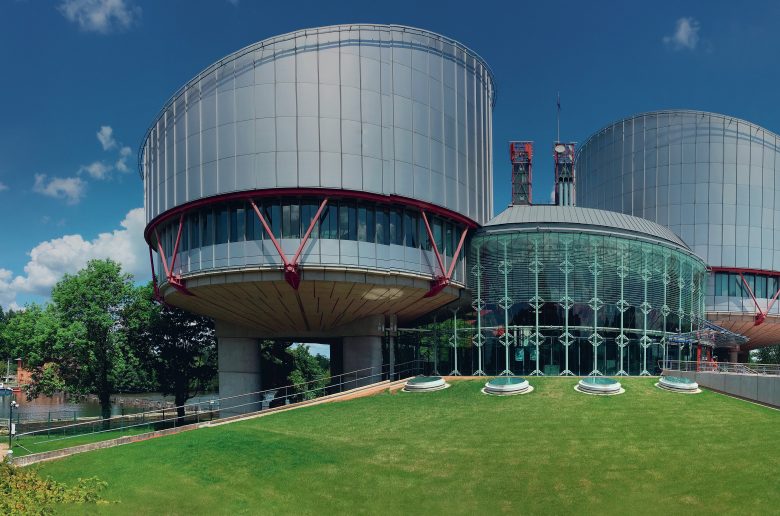
To make a strong start when answering a question on fair labelling, define what it is and why it is important in criminal law. Fair labelling is not only what is considered to be criminal conduct, but includes whether the label and moral condemnation of it should apply: for example, what behaviour and mindset warrants the label ‘thief’?
What is deemed to be fair labelling can depend on society at that point in time. Nowadays, the criminalisation of homosexuality is regarded as highly unjust. The UK has acknowledged this by pardoning those previously criminalised for homosexuality. A notable example is Alan Turing, who was pardoned of ‘gross indecency’. Pardoning is a mechanism for ensuring that fair labelling occurs retrospectively. It does, however, highlight the need to continually check and scrutinise the definition of crimes so that the ‘criminal’ label only applies to those who are deserving.
Your organisation does not have access to this article.
Sign up today to give your students the edge they need to achieve their best grades with subject expertise
Subscribe




